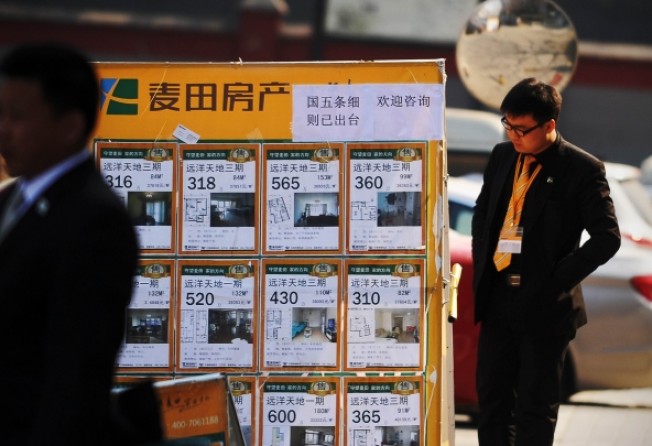Claim that 6,000 'super landlords' each own 300 flats in Beijing sparks controversy

The recent revelations made by senior Beijing venture capitalist Cha Li that at least 6,000 “super landlords” each own 300 flats in the Chinese capital has sparked a controversial debate among China’s real estate professionals and property owners.
While many remain sceptical about the number, others consider it proof of how polarised China is today.
Cha shared the shocking discovery that “cannot be found in any property market report” in his recent column “Don’t misread mobile internet investment.” He talked about how he finds talented entrepreneurs with potentially valuable projects in a piece published on the Economic Observer website.
“At least 5,000 to 6,000 people in Beijing own 300 flats each,” he wrote. “When an entrepreneur told me this number, I couldn’t believe it myself. ”
Cha then quoted a realtor he worked with as saying, “now we only service landlords who own more than 300 flats, since we don’t have the energy to work with smaller landlords. ”
“Our own investigation finds the number to be even bigger,” Cha wrote.
Cha's finding seems to be in line with a 2012 Hurun report.
According to findings presented in the Chinese Millionaire Wealth Report 2012 by the Hurun, Beijing led other cities with the largest concentration of millionaires - 179,000 of them.
The majority of these millionaires engage in manufacturing and real estate, said the report.
While the identities of these millionaires remains unknown, China’s disgruntled net users say they believe many are “corrupted officials and bosses of state-owned firms.”
“A small group of people have reaped the amount of wealth they are not entitled to,” a Sohu news reader commented, ”And the bubbles in the property market worsened the gap between the rich and the poor.”
"The inequalities in our wealth is a result of inequalities in receiving education, "Sun Lijian, an economics professor at Fundan University told Sohu.com. "It leads to ineuqualities in job opportunities and income."
Many more microbloggers went on to urge officials to declare assets.
The online campaign demanding China’s officials to declare assets has been gaining momentum in recent months. In a viral post this week, Liu Zhijun, former railways minister who stood trial on Sunday on corruption charges, was called by bloggers "the first high-ranking official to publicly declare his assets".
Liu's fortune of more than 800 million yuan (HK$1 billion) and fleet of 16 cars had been exposed prior to his trial.